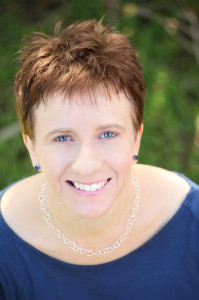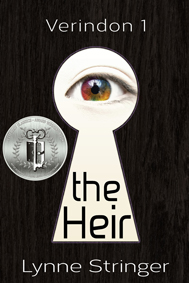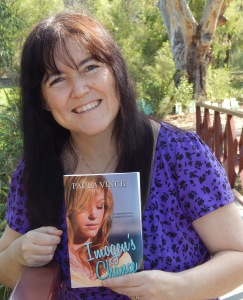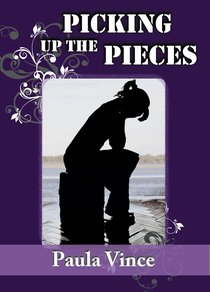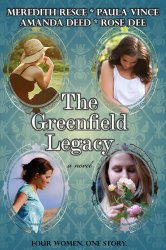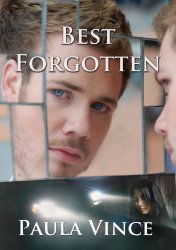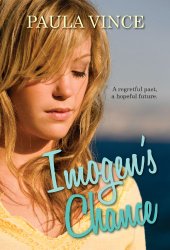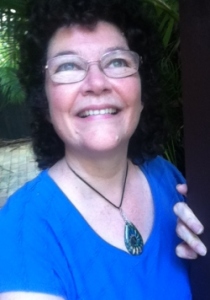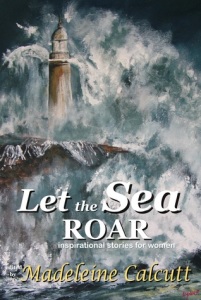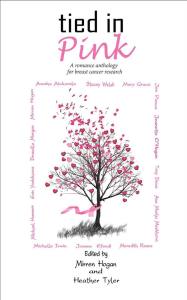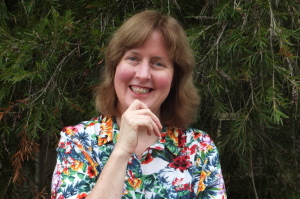 This is our final ‘Write Time’ guest blog. I don’t know about you, but I’m sorry to see the end of these insightful blogs. What I’ve found so great is the diverse angle each contributor’s brought to their post, and today is no exception as we welcome Nola Passmore to round out this series. Nola is a widely published poet and writer of short fiction and creative non-fiction, not to mention social psychologist and co-editor of the recently released ‘Glimpses of Light’ Anthology. She’s also in the throes of crafting an epic novel, which is bound to bear her stamp of excellence. But I’ll let Nola tell you more about that. Thanks, Nola. 🙂
This is our final ‘Write Time’ guest blog. I don’t know about you, but I’m sorry to see the end of these insightful blogs. What I’ve found so great is the diverse angle each contributor’s brought to their post, and today is no exception as we welcome Nola Passmore to round out this series. Nola is a widely published poet and writer of short fiction and creative non-fiction, not to mention social psychologist and co-editor of the recently released ‘Glimpses of Light’ Anthology. She’s also in the throes of crafting an epic novel, which is bound to bear her stamp of excellence. But I’ll let Nola tell you more about that. Thanks, Nola. 🙂
I have a problem. I’m writing a parallel narrative where a contemporary story about Libby interweaves with an historical one featuring Maggie. The two timelines intersect in that Maggie’s actions in the past affect Libby’s choices in the present. That’s complicated enough, but that’s not my main problem. I’ve set up the plot so that the historical story takes place in the early 1880s and then jumps forward thirty-five years to 1917. How do I account for thirty-five missing years without dumping lots of backstory?
I could fill in the details by continuing Maggie’s saga through those years. However, that would add way too much to my already-bulging manuscript. Another approach would be to narrow the gap by starting Maggie’s story later (maybe the 1890s) and finishing it sooner (well before 1917). However, the plot hangs around some key historical events. Changing my heroine’s timeline would mean altering significant parts of the narrative. Maggie wouldn’t be in Halifax to bring about certain social reforms, the subplot for one character would have to change completely, and the climax could no longer be tied to a real-life catastrophe. Even if I decided to make all of those changes, I wouldn’t be able to stop there because the historical part of the novel affects the present. If Maggie’s story changes, so does Libby’s. Everything is intertwined, with one person’s timeline inextricably linked to others.
Isn’t that the way it is in our lives too? If our ancestors had made different choices about where they worked and lived, we wouldn’t be the same people we are today. Some of us wouldn’t even have been born. Historical events also have an impact in the present. What if Hitler had won World War II? What if Jesus hadn’t died for my sins? What if Lucy Maud Montgomery had never stayed at her uncle’s house with the green gables? What if Lance Hills’ wife hadn’t needed a space-saving washing line?
At the beginning of each year, we have the opportunity to reflect on how we’ve used our time and to think about what we’d like to do differently in the months ahead. We can’t go back and change the timelines of our past and there will always be things we can’t control in the future. However, we can make choices about how we approach life now. In terms of writing, I’d like to focus more specifically on finishing my novel and solving my timeline dilemma. All suggestions welcome! I’d also like to achieve a better balance between work, family life and play. How about you? What are your hopes and dreams for 2016? Sometimes the road ahead can seem daunting, but if we take it one step at a time, we can achieve more than we ever thought possible. With God’s help, it’s going to be an awesome year.
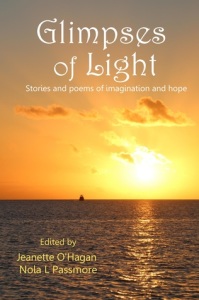 Nola Passmore has had more than 150 short pieces published, including devotionals, true stories, poetry, short fiction, magazine articles and academic papers. She loves exploring different facets of creativity and encouraging others to develop their God-given talents. She and her husband Tim have their own freelance writing and editing business called The Write Flourish. You can find her writing tips blog on their website.
Nola Passmore has had more than 150 short pieces published, including devotionals, true stories, poetry, short fiction, magazine articles and academic papers. She loves exploring different facets of creativity and encouraging others to develop their God-given talents. She and her husband Tim have their own freelance writing and editing business called The Write Flourish. You can find her writing tips blog on their website.
